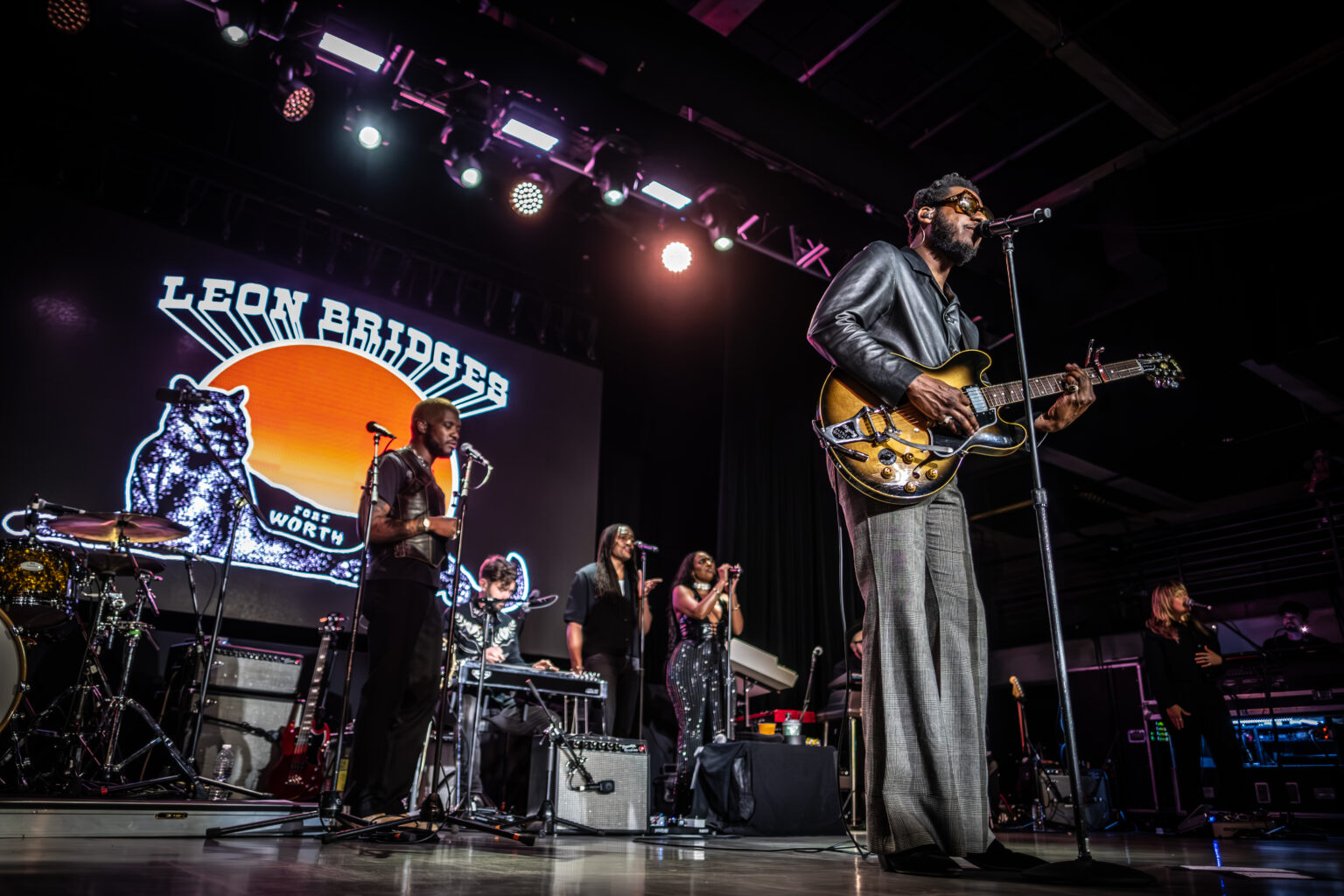Each year, organizers with AMERICANAFEST choose one city, state, and region to recognize for their contributions to Americana music and culture. Fort Worth was recently shortlisted in that annual search, with the official announcement made in late May. Next month, the city will be celebrated as the Spotlight City at AMERICANAFEST 2025 in Nashville — one of the country’s top stages for Americana and roots music.
Five Fort Worth musicians will perform as part of the festival’s showcase in Nashville on September 11: Jack Barksdale, Summer Dean, Claire Hinkle, Matthew McNeal, and Brandi Waller-Pace.
“This recognition puts the spotlight on our artists and raises the profile of what we are doing in Fort Worth,” Tom Martens tells PaperCity Fort Worth. The VP of creative, music, and film at Visit Fort Worth adds that the “big honor” gives the city something to rally behind.
In addition to the showcase performance, Visit Fort Worth is bringing several local musicians for an unofficial showcase as part of the festival, and Martens will be a part of multiple panel discussions focused on Fort Worth’s music scene. He credits the recent recognition to local musicians, music venues, and his team, who have spent the past decade supporting singer-songwriters and performers through travel grants and other initiatives, all while staying responsive to the needs of the music community.

How Fort Worth Built Its Music Brand Nationwide
When directors with the Americana Music Association (AMA), which runs AMERICANAFEST, select each year’s Spotlight City, they consider a city’s music history, its current roster of artists, and the infrastructure that supports its scene. In May, Martens and his team welcomed AMA directors to Fort Worth, guiding them through Tulips FTW, Niles City Sound, Tannahill’s Tavern & Music Hall, The Post, Record Town, and Billy Bob’s Texas to highlight the city’s venues and businesses that fuel its music culture.
“Fort Worth has such a music history,” Martens says. “We are the birthplace of Western Swing and hometown to Ornette Coleman. Now we are known for Leon Bridges and Abraham Alexander. There are so many things that happened between these bookends.”
The effort to showcase Fort Worth music on a national stage took off in 2016, when Visit Fort Worth launched its presence at SXSW with the “Fort Worth House” event in Austin. That led to invitations to do similar events across the country. Martens says AMERICANAFEST was always on their radar.
“Five years ago, we said, ‘Why don’t we see about doing our own activation out there?’” he recalled. “We realized we can do our own unofficial showcase. We took nine artists the first year at Tennessee Brew Works. We had a great lineup. TX Whiskey and Printed Threads partnered with us to reinforce the Fort Worth connection.”
In addition to participation at festivals and pop-up events over the past several years, groups like Visit Fort Worth, Hear Fort Worth, and Amplify 817 have created travel grants and other initiatives that support local musicians. The nonprofit Hear Fort Worth launched in 2016 with support from Visit Fort Worth.
By hosting monthly mixers, quarterly educational programs, and funding travel grants, the nonprofit has built a support system that connects local musicians with resources, industry knowledge, and opportunities to perform on larger stages.
In April 2024, Hear Fort Worth partnered with JPS Health Network to launch Sound Care, a program aimed at connecting local musicians with preventive healthcare services provided through JPS.
“At townhalls, that’s what people asked for,” Martens says. “They wanted to go to the campus doctor, like when they were in college. “It won’t pay for your nose job, but it can help you from getting from sick to sicker or very sick to bankrupt. We want to make sure people do not have a barrier to seeing a doctor.”
How Local Music Builds Community and Economy
Martens plans to use the AMERICANAFEST to highlight the work that his team has done to support local musicians, with the hope that other cities find ways to fund travel grants for musicians and find other ways to support their own local music economy.
Not every large city’s convention and visitors’ bureau spends time and resources on supporting local musicians, although many are beginning to. Fort Worth’s initiatives and partnerships have been pioneering concepts in many ways. For Martens, the effort makes sense from an economic point of view.
“Music helps our nighttime economy,” he says. “That’s one of the biggest things that visitors want. That also helps attract local businesses. People want to know what their employees can do after work. Our musicians become ambassadors for the city. Tulsa now has a travel grant program. A couple of other cities are about to roll out Sound Care-type programs. How cool would it be if you had all of these traveling musicians making a living and being healthy?”
“If I say Elvis, you say Memphis,” Martens adds. “When people hear Leon Bridges say he’s from Fort Worth, Texas, it makes our city more recognizable,” he says. “We’re always thinking about what we can do next to spotlight the next generation of musicians and keep pushing our local music community forward.”